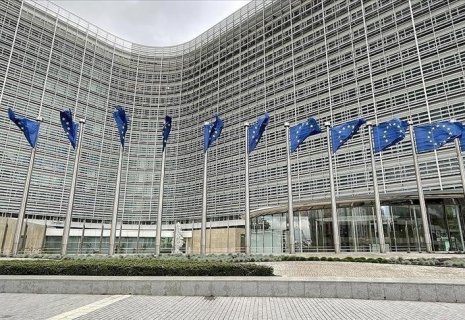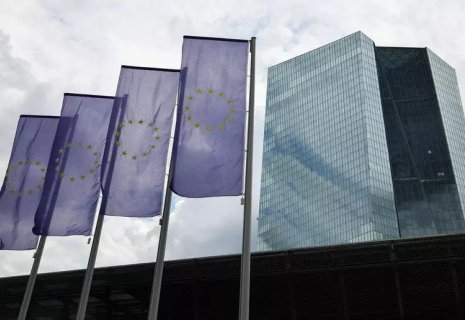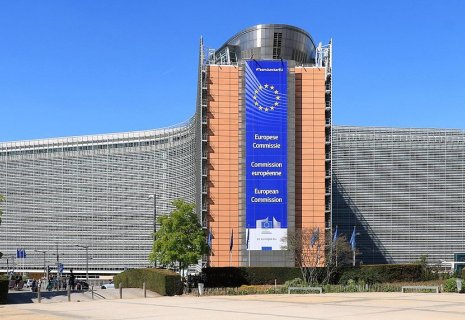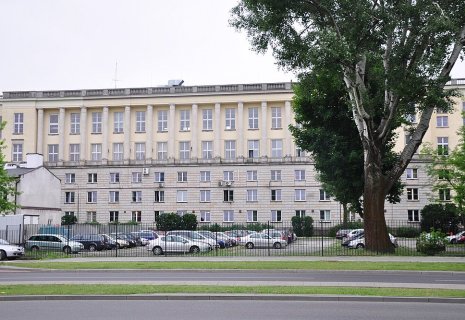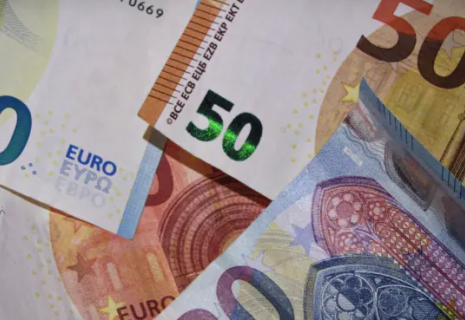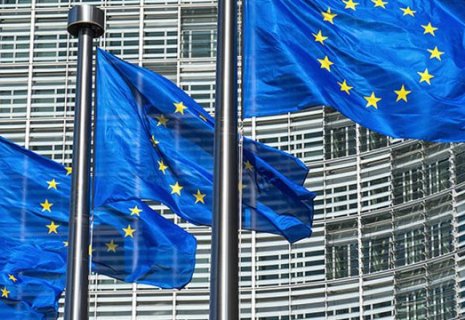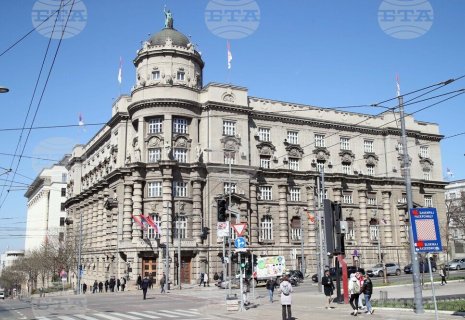
EU secures lower tariffs, gains advantage for European businesses
The European Commission and members of the European People’s Party (EPP) defended the trade agreement with the United States in the European Parliament as a responsible move, while some Social Democrats and Greens called for the activation of the EU’s Anti-Coercion Instrument, CE Report quotes HINA.
European Commissioner for Trade Maroš Šefčovič told MEPs that “the EU could choose between the risk of a potential economic disaster or acting to protect our economy.”
“It was a choice of stability and predictability over uncertainty and ultimately a trade war, which would not be in the interest of either side,” Šefčovič said, dismissing criticism that the EU had sold out or been weak in negotiations.
The agreement includes a 15 percent tariff on EU goods entering the U.S. and foresees the EU purchasing significant amounts of American energy and military equipment, as well as investing $600 billion in the U.S. by the end of President Donald Trump’s term. Šefčovič emphasized that the deal prevented tariffs from reaching 30 to 50 percent.
EPP MEPs largely defended the agreement during the plenary session in Strasbourg. EPP member Jörgen Warborn said the trade deal “is not perfect, but the EU had security reasons to agree to it,” adding that the EU should continue negotiating for better terms.
Vice-Chair of the International Trade Committee (INTA) Kathleen Van Brempt and Belgian Green MEP Saskia Bricmont said during the debate that the EU could and still can activate the Anti-Coercion Instrument (ACI).
This instrument is primarily designed as a deterrent and can help the EU counter economic coercion and respond with measures to protect the sovereignty of the Union and its member states in a geopolitical context where foreign countries increasingly use trade and investment as a weapon.
Van Brempt also noted that Social Democrats “are not seeking escalation,” but warned that Trump’s tariffs and threats are “illegal, unfair, and unacceptable.”
Croatian MEP Željana Zovko (HDZ/EPP) criticized calls from Social Democrats and Greens to reject the agreement and implement countermeasures, saying such positions are “extremely irresponsible in such challenging times.”
“This agreement should be seen only as a first step toward building a stable, balanced, and fair transatlantic economy. We must strengthen coordination and build a unified strategy to ensure economic security and prevent unfair competition,” Zovko said in the debate.
MEP Tonino Picula (S&D/SDP) told reporters in Strasbourg that the issue is causing divisions on the European political scene.
“Many criticize that too much was given to Donald Trump, but that it will never be enough for him. He immediately demonstrated this by demanding that we abandon regulation of our digital market and digital services. Therefore, the criticism of this agreement is justified, but one must also understand those who believe that at this moment, a trade war with the United States is the last thing the EU needs.”
European Commission President Ursula von der Leyen said in her State of the Union speech on Wednesday that the bloc has secured lower tariffs than its direct competitors, giving European businesses a relative advantage.
“Our trade relationship with the U.S. is the most important. Every year we export goods worth over €500 billion to the U.S., supporting millions of jobs. As Commission President, I will never play with people’s jobs or livelihoods,” von der Leyen said.

